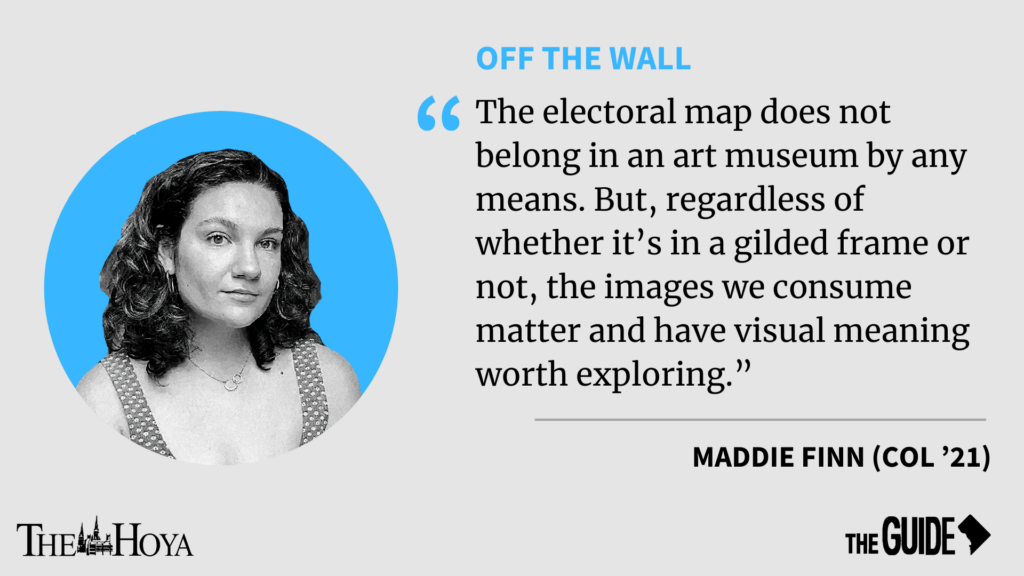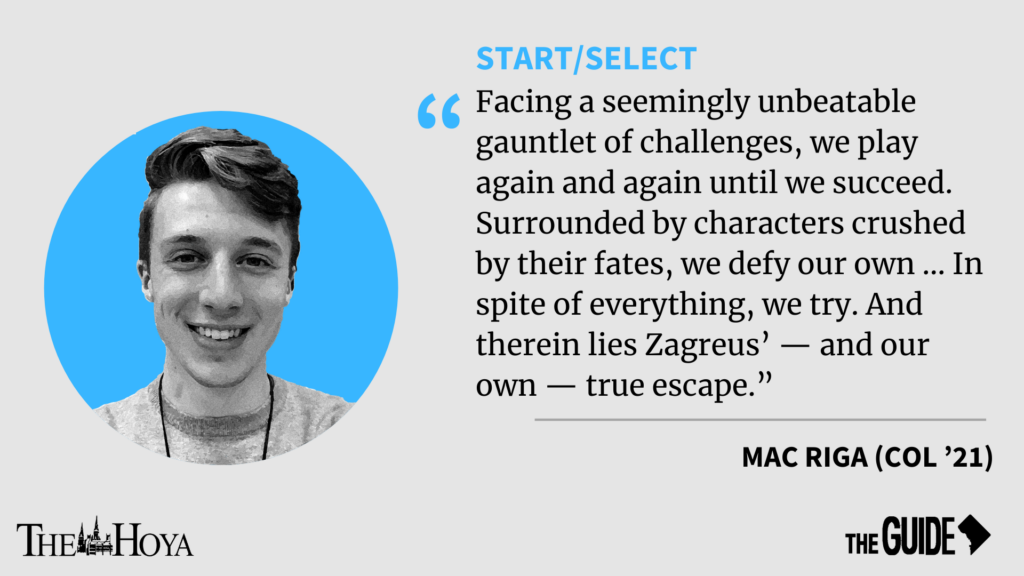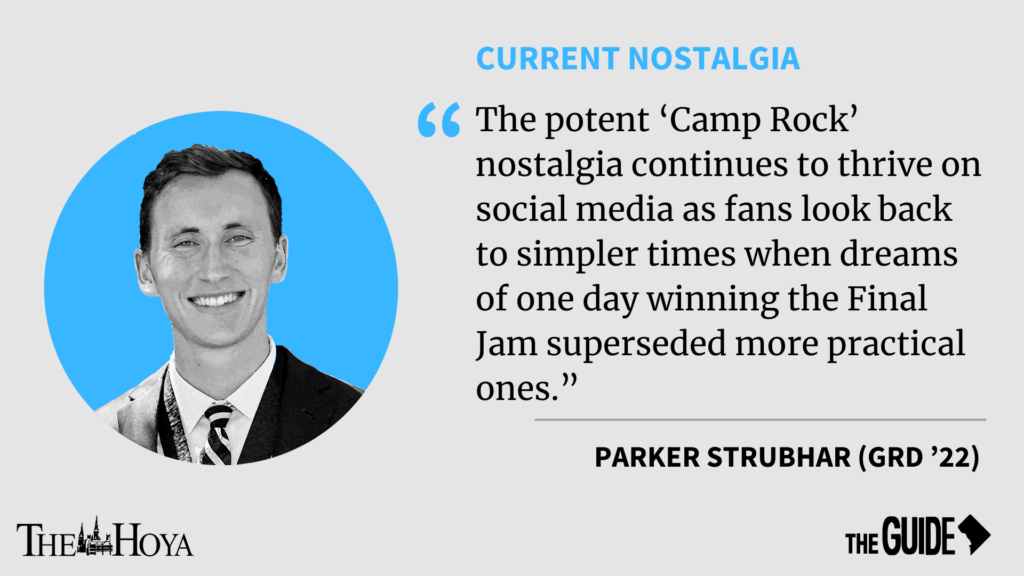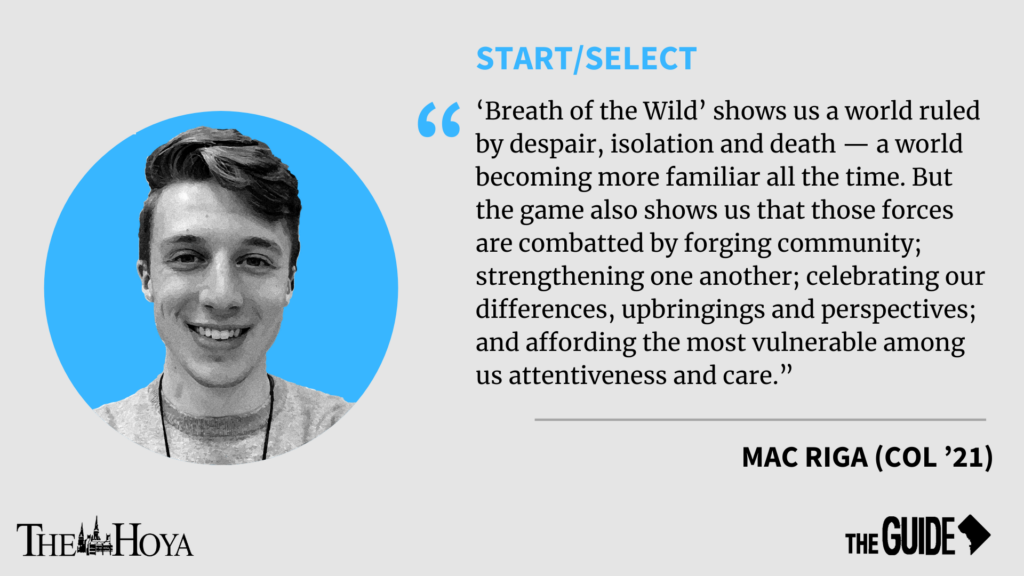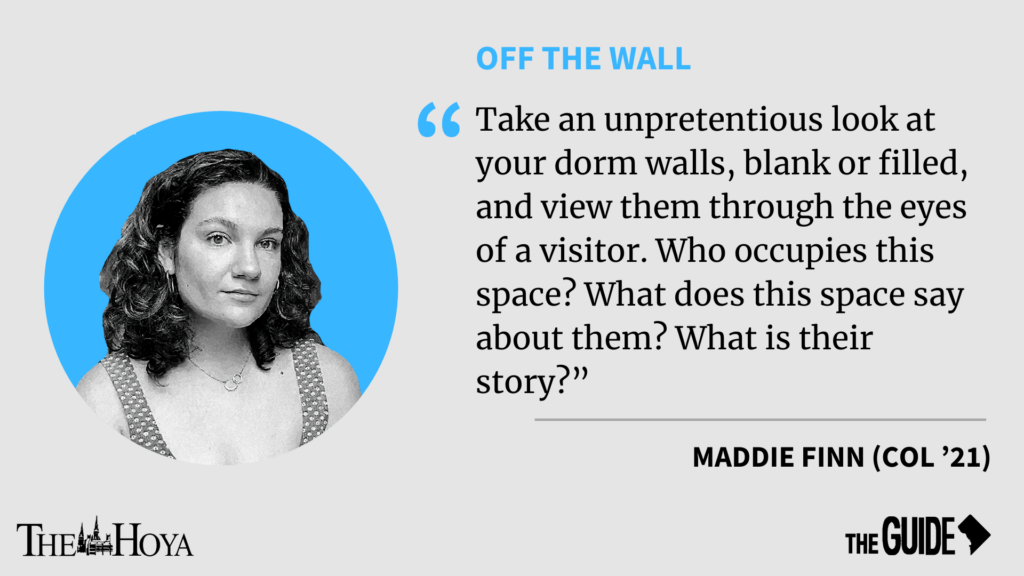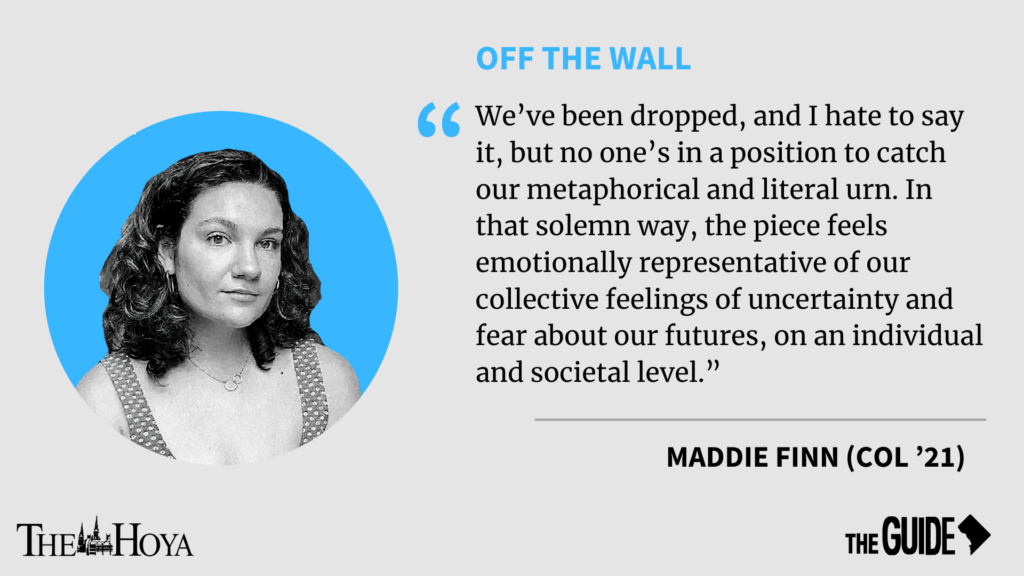Growing up, I would constantly tell myself the following: “Fake it until you make it.” I would repeat this phrase as I got dressed in the morning, ate my cereal and drove to school. That phrase reverberated in my head throughout the day as I went to classes, participated in after school sports and studied for my exams. I couldn’t quite place what I was faking at the time but, upon reflection, I know that, simply put, I was faking feeling confident.
Low confidence, specifically among women, isn’t uncommon. Only 4% of women worldwide would consider themselves to be “beautiful,” according to a Dove Global Survey. Beyond statistics, my own personal experience has made it clear just how big an effect low self-esteem can have.
The prominence of low self-esteem among my peers became particularly apparent one night early in my freshman year. After years of faking it, I had finally made it — feeling confident in myself, I didn’t hesitate to voice the fact that I looked good as my friends and I headed out the door. Instead of receiving support from my friends, I received the opposite. My comment was met with raised eyebrows and side glances — not necessarily because they disagreed, but because my willingness to acknowledge my own beauty was awkward for them to hear.
Throughout the rest of the year, it became clear how uncomfortable women my age felt when made to address their own beauty or capabilities. Whether it was getting ready for a night out or applying to an internship, the girls around me who were undeniably capable and talented just couldn’t embrace their self-worth. Being able to acknowledge one’s own value should not be uncomfortable.
I and other girls around me growing up have been taught to make themselves less very early on. In grade school, I saw loud girls get called bossy, hardworking girls get called snobs and pretty girls get called b—–s. To avoid this backlash, many girls understandably try hard to be anything but noticeable. Among other cultural influences, I quickly learned that being center stage often leads to harsh critique. Having grown up in a world that consistently critiqued my actions and appearance, it’s no wonder I had trouble seeing the capabilities I possessed.
Not only are we taught to take this criticism to heart, but we’re also caught in the midst of an endless cycle that generates insecurities, reinforces those insecurities and then attacks anyone who is able to break out of those insecurities. Spending their whole lives in such an environment, women often end up reinforcing this societal narrative without even realizing it, just like my own friends did during my freshman year. As a young adult, when a woman can identify herself for what she is — whether it be beautiful, intelligent or powerful — she often faces the same backlash she did as a child, some of which can come from the very women who we know.
After spending a lifetime attempting to free myself from the expectations our culture has set for me, it only takes a few backhanded comments from my peers to push me backwards. Even more so, no matter how successful or beautiful a woman may be, praise only seems acceptable when it comes from an external source. Even then, women are expected not to acknowledge the truth of these statements.
Having spent my freshman year with this in mind, I made it my goal to not only be open with myself about my own potential, but also to go out of my way to acknowledge it in other people. My goal is inevitably and consistently a work in progress. This ideology is so ingrained within our consciousness that even as I wrote this article addressing this problem, I sometimes felt uncomfortable making positive statements about myself.
Even so, one of my favorite things this year has been watching as the women around me realize that this type of behavior should be encouraged, not shunned. In a world that oftentimes attempts to undermine you, it’s brave to refuse to let that change the way you think about yourself.
While low self-esteem is prevalent among young women, this issue goes beyond women. Perhaps one of the biggest hurdles any of us can face is looking into the mirror and feeling confident not just with the way we physically look, but with our intellectual capability to succeed in whatever we want to do. As much as self-confidence stems from internal dialogue, these issues are more complicated than what can be solved with a single pep talk. How we react when others express it is imperative to gradually changing our society into one in which all of us, especially girls, can feel comfortable in our own power.
Nicole Marion is a sophomore in the College. Becoming U will appear in print and online every other Friday.









